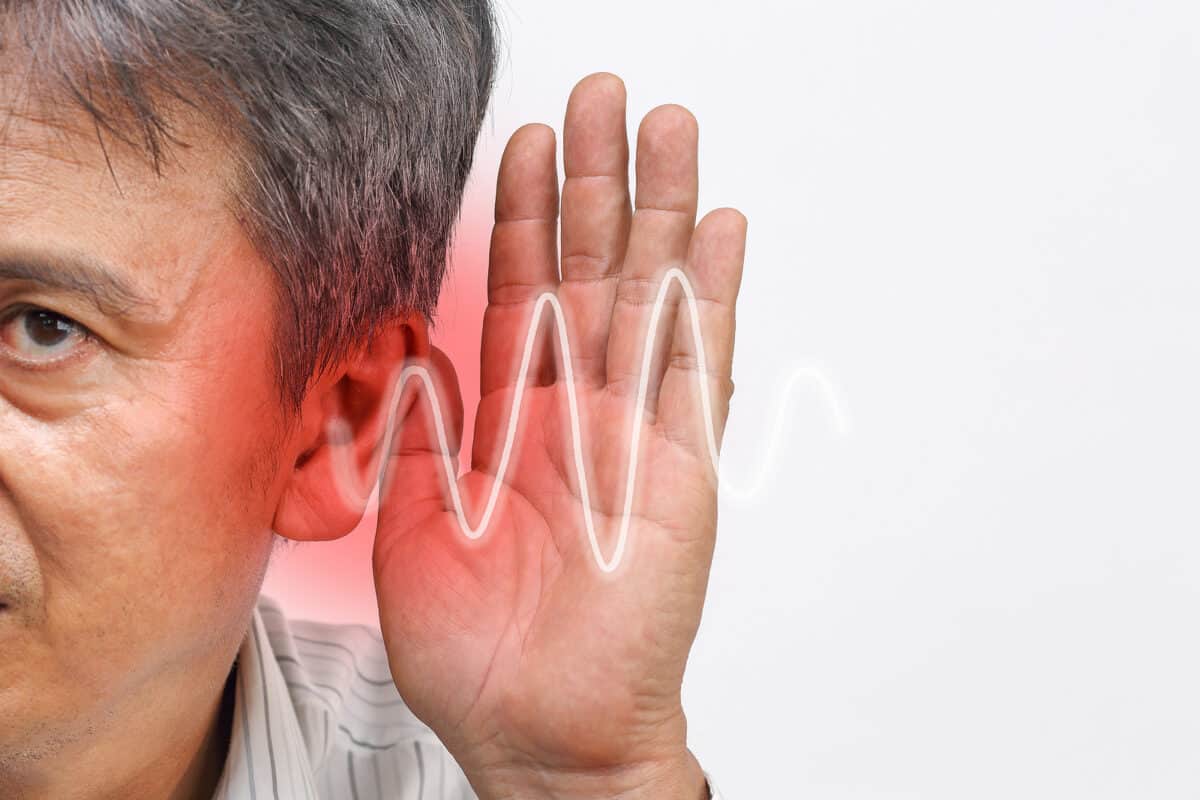- Why You Shouldn’t Do Anything With Your Earwax - April 22, 2024
- Travel Tips for People with Cochlear Implants - April 7, 2024
- How To Have A Great Conversation With People With Hearing Loss - March 22, 2024
Workplace noise exposure is one of the prime culprits of noise-induced hearing loss. When you work in place that exposes you to loud sound day-in and day-out, you can accumulate hearing loss over time. However, a recent study shows that over 50 percent of workers who are exposed to noise do not use the protection they need on the job. Despite government-mandated hearing protection, some workers flout the rules, and some employers do not regulate the use of protection as they should. Let’s take a closer look at noise-induced hearing loss to understand why hearing protection is so important in a noisy workplace. You might not even realize how much noise exposure you incur at work, so it is important to consider all these dynamics when making your decision to get protected.
Noise-Induced Hearing Loss
How does noise-induced hearing loss occur in the workplace? For many of us, our minds go immediately to a loud industrial site, factory, auto mechanic, or transportation hub, but a wide range of workplaces can produce harmful noise. Noise-induced hearing loss occurs as a combination of volume and duration of exposure. As a general rule, 85 decibels is the baseline for noise exposure. At that threshold, a person can endure 8 hours of exposure without experiencing hearing loss. However, for each three decibels beyond that point, the time of exposure is cut in half. For instance, you can endure 88 decibels of sound for only 4 hours before hearing loss can occur. As you can see, the time of exposure quickly becomes very small. At 100 decibels, a person can only endure 15 minutes of exposure before hearing damage can occur. This combination of volume and duration is an essential consideration when understanding your needs for hearing protection at work.
Workplace Hearing Protection
Those very loud workplaces do require hearing protection, and some of those employers will mandate not only earplugs but more advanced protection and communication systems. For instance, those who work on an airport tarmac will need noise-cancelling headphones with communication devices integrated into them to perform their jobs. Although this study finds that more than 50 percent of workers in noisy environments do not report that they “always” or “usually” wear hearing protection at work, there are others who simply do not realize they need to wear protection. Some jobs, such as those in customer service, do not seem like risky places of work. If you work in a bar, restaurant, sporting facility, or music venue, you might think that you don’t need hearing protection in the workplace. If you only stay in the building for an hour or two, like many of the customers who visit, then you might be right. However, employees who do a full shift in that location can incur a steady stream of noise exposure for the duration of that shift. Hearing protection is necessary to prevent hearing damage, even in these surprisingly loud places of business.
Protecting Yourself
Although all employers are mandated to provide and require hearing protection for those employees who need it, many places of business fall through the cracks. If you work in a place like that, your hearing health is your own responsibility. You can begin by getting a sense of the decibels of volume you hear on a given day. Free apps are available for your smartphone that read the decibel level at a time and place. Take a few measurements to get a sense of the average noise exposure within your place of business where you tend to work. If you find that average surpasses the 85-decibel limit for an 8-hour shift, then you need hearing protection at work. Don’t gamble when it comes to your hearing health. Noise-induced hearing loss is irreversible, and you are the only one who can make sure that you are consistently wearing the protection you need. If you notice that your friends, family members, or coworkers are shirking their needs for protection, perhaps it is time for a frank conversation about the dangers, as well. Do your best to support your own hearing needs and those of your friends and family!

